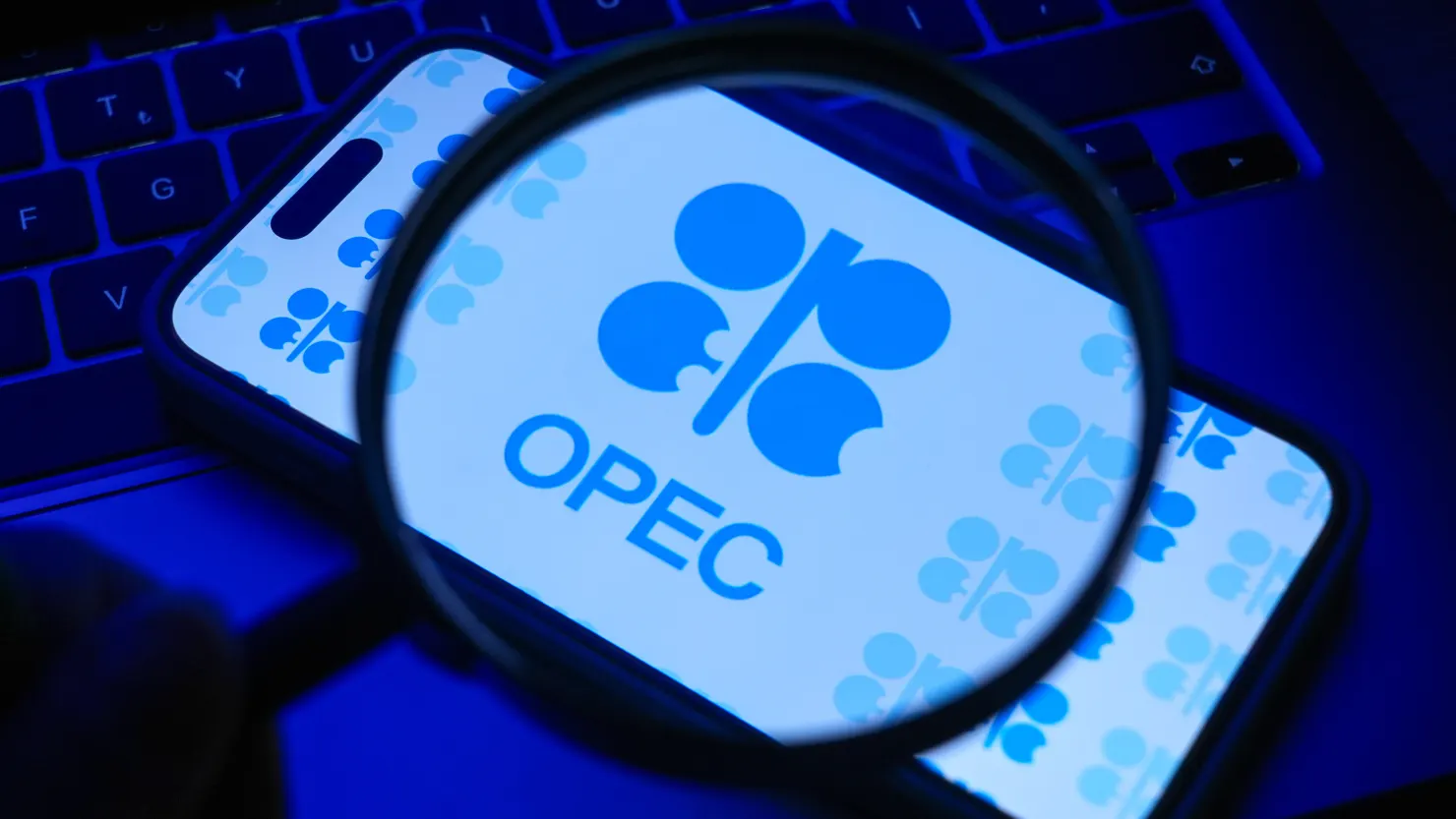The OPEC+ alliance is increasing its focus on compliance with oil production cuts, emphasizing group conformity amid ongoing overproduction from key members like Iraq, Kazakhstan, and Russia. Two OPEC+ delegates revealed that the coalition is closely monitoring adherence to output quotas as it continues with a strategy involving formal and voluntary production cuts.
Originally, eight OPEC+ members, led by Saudi Arabia, were scheduled to phase back 2.2 million barrels per day (bpd) of voluntary cuts in October but have now delayed this until December. Meanwhile, the alliance is also implementing two additional rounds of production declines: a combined production of 39.725 million bpd for 2024 under official policy, and an extra voluntary reduction of 1.7 million bpd for 2025 by the same eight members.
Undercompliance Issues
Non-compliance has been a persistent issue within OPEC+, undermining the group’s credibility in controlling output amid uncertain global oil markets. Overproduction, particularly by Russia — which often exceeds its quota despite sanctions and shadow fleet activities — has raised concerns. Compliance has become even more crucial as the oil market faces instability from geopolitical tensions in the Middle East, stock market sell-offs, and China’s fragile post-COVID economic recovery.
Oil Price Movements and Saudi Signals
Despite OPEC+’s efforts, oil prices have remained subdued for most of the year. Brent crude traded at $71.44 per barrel, while WTI hovered at $67.75. The recent dip followed a report suggesting Saudi Arabia might be willing to tolerate lower prices to increase output post-December, potentially abandoning its unofficial $100 per barrel price target.
Energy expert Carole Nakhle of Crystol Energy interpreted this move as a warning from Saudi Arabia to “cheaters” within OPEC+, noting that the kingdom has shouldered much of the burden of production cuts. While no official price target has been set, Nakhle emphasized that higher prices remain in the kingdom’s best interest.
Saudi Arabia’s Economic Pressures
Despite the potential shift in production strategy, Saudi Arabia remains committed to maintaining its output policy, according to OPEC+ sources. The kingdom’s expansive economic projects, including the Vision 2030 initiative and 14 giga-projects such as Neom, have added fiscal pressure. Riyadh’s 2024 budget relies on a break-even oil price of $96.20 per barrel, per IMF estimates, but Saudi leaders have signaled their willingness to adjust budget plans or find alternative revenue streams if necessary.
Looking ahead, OPEC+ will continue to monitor compliance closely. The group’s Joint Ministerial Monitoring Committee will convene on Oct. 2 to review monthly production figures and assess conformity across its member states.





